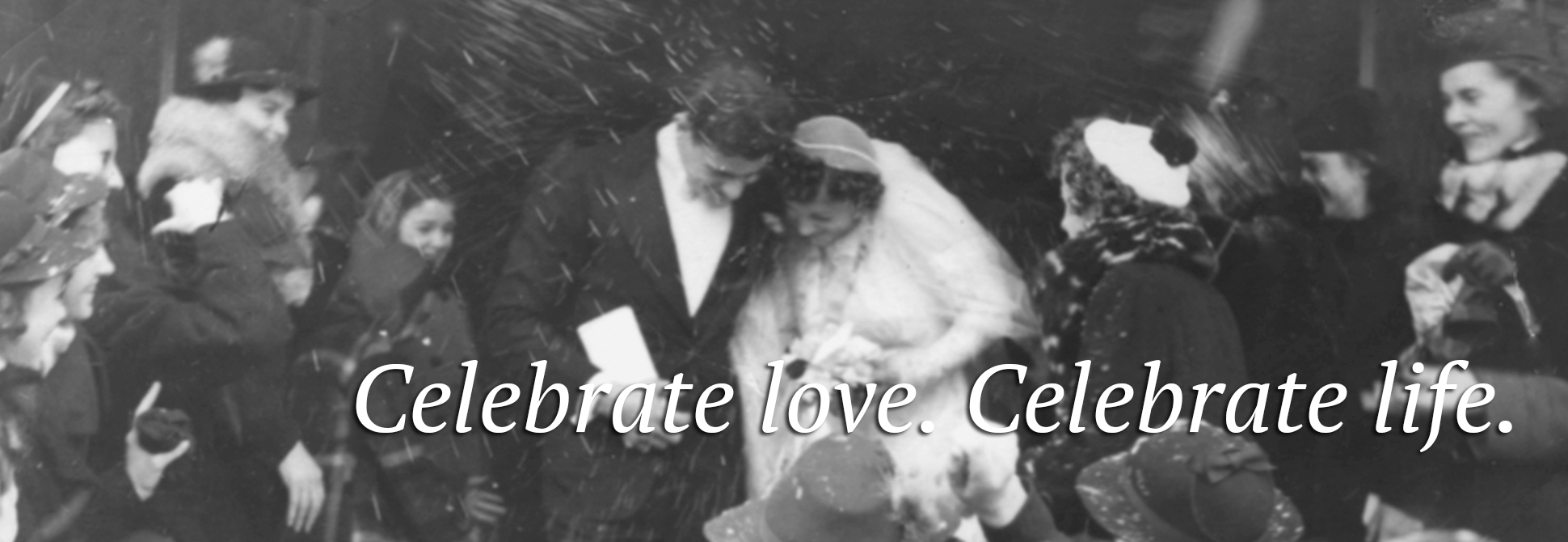Considering donating your body?
Anatomical Donation is a recognized and accepted form of human body disposition in the United States. As with all manners of disposition, donating one’s body is a very personal decision. Before making that decision, there are some things you need to know.
In simplest terms, anatomical donation is “donating your body to science.” Unlike donating organs, bones, tissue, and corneas to programs such as Gift of Life, an anatomical donation requires the entire body. This requirement precludes having the body present for either a private or public viewing. The body is transferred as soon as possible to the donation program to be prepared by their professionals for their purposes.
What most individuals and families who are considering anatomical donation don’t know is that there are important fundamental differences in anatomical programs. In Central PA, the most reputable program is Humanity Gifts Registry based in Philadelphia. Humanity Gifts Registry is a non-profit program that accepts body donations for the sole purpose of teaching and research. Their teaching institutions are located at Hershey Medical Center and Hospital of University of Penn in Philadelphia. After the research and study are complete, the body is cremated and either given to the family or interred by the program.
Beware… there are anatomical gift organizations operating in Pennsylvania and across the country that are for profit companies. These companies appeal to those interested with their message of “no cost” disposition. Although this is true, their motive is to reap large profits by selling the body, either intact or in parts. In most cases, the individual parts and appendages are sold to various buyers across the United States and even other countries. Surprisingly, this practice is legal, however government regulation and oversight is practically nonexistent.
Simple Funerals, Inc., routinely partners with Humanity Gifts Registry to coordinate the proper care of the deceased from the place of death to the assigned institution, provide care for the family, and arrange meaningful gatherings to celebrate life. On the contrary, we do not agree with the unethical practices of the “for profit” organizations and will not be associated with them in any way.
Before making your decision, research your options and consult with Simple Funerals if you have any questions or uncertainty.







Comments